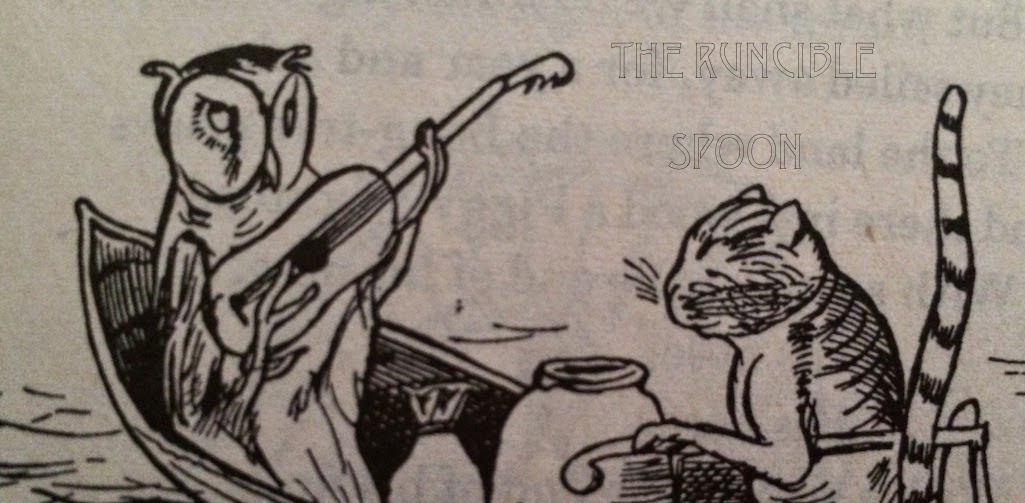 |
| From Ingmar Bergman's film 'The Seventh Seal' |
Perhaps dance is so powerful an image because it contains within it both a beautiful expression of joie-de-vivre and a terrifying nullification of self. It celebrates the triumph of body over mind, encouraging the unconscious self to seek expression in the wild flailing of limbs. Yet, dance is not necessarily the Bacchic backlash against Apollinian order. The child dancing in the wind does not feel the darkness of Dionysian revelry. For her, dance and day are in perfect harmony. So, without further ado, I give you W.B. Yeats' poem:
To a Child dancing in the Wind
DANCE there upon the shore; | |
| What need have you to care | |
| For wind or water’s roar? | |
| And tumble out your hair | |
| That the salt drops have wet; | |
| Being young you have not known | |
| The fool’s triumph, nor yet | |
| Love lost as soon as won, | |
| Nor the best labourer dead | |
| And all the sheaves to bind. | |
| What need have you to dread | |
| The monstrous crying of wind? | |
Has no one said those daring | |
| Kind eyes should be more learn’d? | |
| Or warned you how despairing | |
| The moths are when they are burned, | |
| I could have warned you, but you are young, | |
| So we speak a different tongue. | |
| O you will take whatever’s offered | |
| And dream that all the world’s a friend, | |
| Suffer as your mother suffered, | |
| Be as broken in the end. | |
| But I am old and you are young, | |
| And I speak a barbarous tongue. I will let Yeats speak for himself. But, I would like to balance Yeats' poem with another approach to the subject. In his poem, 'Death's Echo', also known by its first line, W. H. Auden contrasts, as Yeats does, the impulse to dance and the travails of living.
Death's Echo
"O who can ever gaze his fill,"
Farmer and fisherman say,
"On native shore and local hill, Grudge aching limb or callus on the hand? Father, grandfather stood upon this land, And here the pilgrims from our loins will stand." So farmer and fisherman say In their fortunate hey-day: But Death's low answer drifts across Empty catch or harvest loss Or an unlucky May. The earth is an oyster with nothing inside it, Not to be born is the best for man; The end of toil is a bailiff's order, Throw down the mattock and dance while you can. "O life's too short for friends who share," Travellers think in their hearts, "The city's common bed, the air, The mountain bivouac and the bathing beach, Where incidents draw every day from each Memorable gesture and witty speech." So travellers think in their hearts, Till malice or circumstance parts Them from their constant humour: And slyly Death's coercive rumour In that moment starts. A friend is the old old tale of Narcissus, Not to be born is the best for man; An active partner in something disgraceful, Change your partner, dance while you can. "O stretch your hands across the sea," The impassioned lover cries, "Stretch them towards your harm and me. Our grass is green, and sensual our brief bed, The stream sings at its foot, and at its head The mild and vegetarian beasts are fed." So the impassioned lover cries Till the storm of pleasure dies: From the bedpost and the rocks Death's enticing echo mocks, And his voice replies. The greater the love, the more false to its object, Not to be born is the best for man; After the kiss comes the impulse to throttle, Break the embraces, dance while you can. "I see the guilty world forgiven," Dreamer and drunkard sing, "The ladders let down out of heaven, The laurel springing from the martyr's blood, The children skipping where the weeper stood, The lovers natural and the beasts all good." So dreamer and drunkard sing Till day their sobriety bring: Parrotwise with Death's reply From whelping fear and nesting lie, Woods and their echoes ring. The desires of the heart are as crooked as corkscrews, Not to be born is the best for man; The second-best is a formal order, The dance's pattern; dance while you can. Dance, dance for the figure is easy, The tune is catching and will not stop; Dance till the stars come down from the rafters; Dance, dance, dance till you drop. |

